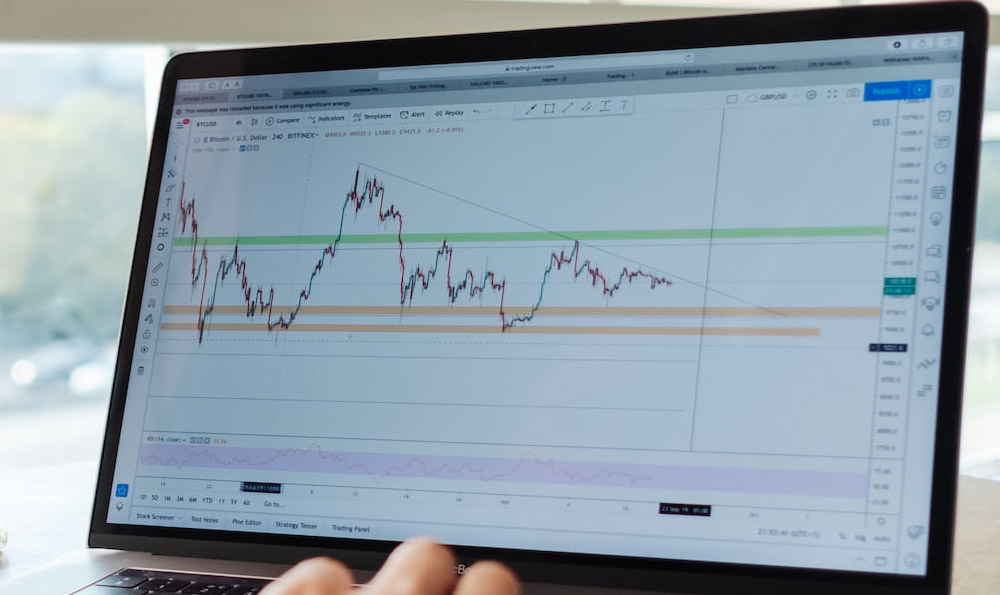Rocket Money, as the name suggests, refers to the concept of generating substantial passive income or financial growth through digital platforms and innovative strategies. In an era where technology has revolutionized the way we manage personal finances, the idea of making money online has evolved beyond mere get-rich-quick schemes to encompass a variety of legitimate, scalable, and sustainable investment opportunities. From automated trading systems to real estate crowdfunding platforms, the digital landscape offers tools that cater to diverse risk appetites and financial goals. However, achieving consistent returns through these methods requires a deep understanding of market dynamics, careful risk management, and a strategic approach to wealth building. The following exploration delves into the mechanisms behind online money-making ventures, highlighting both their potential and pitfalls, while providing actionable insights for individuals seeking to optimize their financial portfolios in the digital age.
The foundation of Rocket Money lies in the concept of leveraging technology to access investment opportunities that were once limited to traditional financial institutions. For instance, platforms like Robinhood or Webull have democratized stock trading by offering commission-free access to global markets, enabling individuals to invest in equities, ETFs, or cryptocurrencies with minimal barriers. These platforms often integrate educational resources, real-time data analytics, and algorithmic trading tools, which empower investors to make informed decisions. However, the allure of accessible markets must be tempered with awareness of volatility, particularly in the case of cryptocurrencies, where price fluctuations can be extreme. A seasoned investor understands that while these markets offer high potential returns, they also require disciplined risk management, including diversification across asset classes and time horizons, and maintaining emotional control during market swings. The key takeaway is that simplicity in access does not equate to simplicity in strategy, and success often hinges on the investor's ability to balance innovation with caution.
Another avenue for Rocket Money involves the rise of Peer-to-Peer (P2P) lending platforms, which connect borrowers directly with lenders, bypassing traditional banks. These platforms, such as Lending Club or Prosper, allow individuals to earn interest by investing in loans, often offering returns higher than traditional savings accounts. However, this model is not without risks—defaults, creditworthiness of borrowers, and platform-specific challenges can impact returns. A prudent approach would involve thorough due diligence, setting limits on the amount invested in any single loan, and diversifying across different borrower profiles and loan types. Moreover, the compound interest effect, when reinvesting profits, can amplify long-term gains, but it also demands patience and consistency. The challenge for investors is to recognize that while P2P lending can serve as a complementary source of income, it should not replace core investments in more stable asset classes like bonds or dividend-paying stocks.

The phenomenon of Rocket Money is also evident in the realm of real estate investment trusts (REITs) and crowdfunding platforms, which enable individuals to participate in real estate ventures with fractional ownership or smaller capital requirements. Digital platforms like Fundrise or Real Estate Crowd allow investors to diversify across multiple properties, reducing the risk associated with individual real estate holdings. However, these platforms often come with management fees, liquidity constraints, and the inherent risks of real estate markets, such as location-specific downturns or changes in property values. A successful investor would balance these factors by allocating funds to REITs through automated investment vehicles, such as robo-advisors, which optimize asset allocation based on predefined risk parameters. Additionally, understanding the role of leverage in real estate investments can further enhance returns, but it also necessitates a clear grasp of debt-to-equity ratios and potential interest rate fluctuations. The synergy between digital platforms and traditional real estate investment models offers a unique opportunity for diversification, yet it requires careful structuring to mitigate downside risks.
The essence of Rocket Money also extends to the domain of digital content creation and affiliate marketing, where individuals can generate income through online platforms by monetizing their skills or audiences. For example, creating YouTube videos, writing blogs, or developing online courses can yield passive income through ad revenue, sponsorships, or subscription models. Meanwhile, affiliate marketing leverages online platforms to promote products and earn commissions based on sales generated through referral links. However, these methods demand time, effort, and a strategic approach to building and maintaining an audience. The ROI in these ventures is typically long-term, requiring patience and consistency in content creation and marketing efforts. A prudent investor would approach these opportunities with the same level of scrutiny as traditional investments, analyzing the scalability of the content, the effectiveness of the marketing channels, and the overall market demand. Staying updated with trends in digital marketing, such as SEO optimization or social media algorithms, is crucial to maximizing returns. Yet, the potential earnings from these ventures are often tied to the individual's ability to deliver value consistently over time.
In the pursuit of Rocket Money, it is essential to recognize that no singular strategy is foolproof. The digital space offers a mosaic of opportunities, each with distinct risk-return profiles. A successful financial plan requires a balanced approach that integrates these methods into a diversified portfolio. For instance, pairing online trading platforms with real estate crowdfunding tools can create a hedge against market volatility, while allocating a portion of funds to high-yield savings accounts ensures liquidity. The use of robo-advisors or automated investment software can further enhance efficiency by continuously rebalancing the portfolio based on market conditions and personal goals. However, the crux of the matter lies in understanding that passive income streams are not always about generating money effortlessly; they often require initial effort, ongoing management, and a willingness to adapt to market changes. Thus, the path to Rocket Money is not merely about technology but about cultivating financial literacy, strategic planning, and a disciplined approach to wealth creation.












